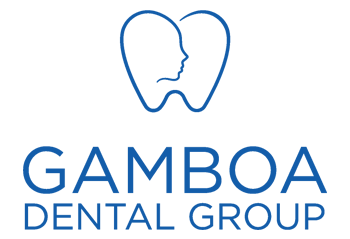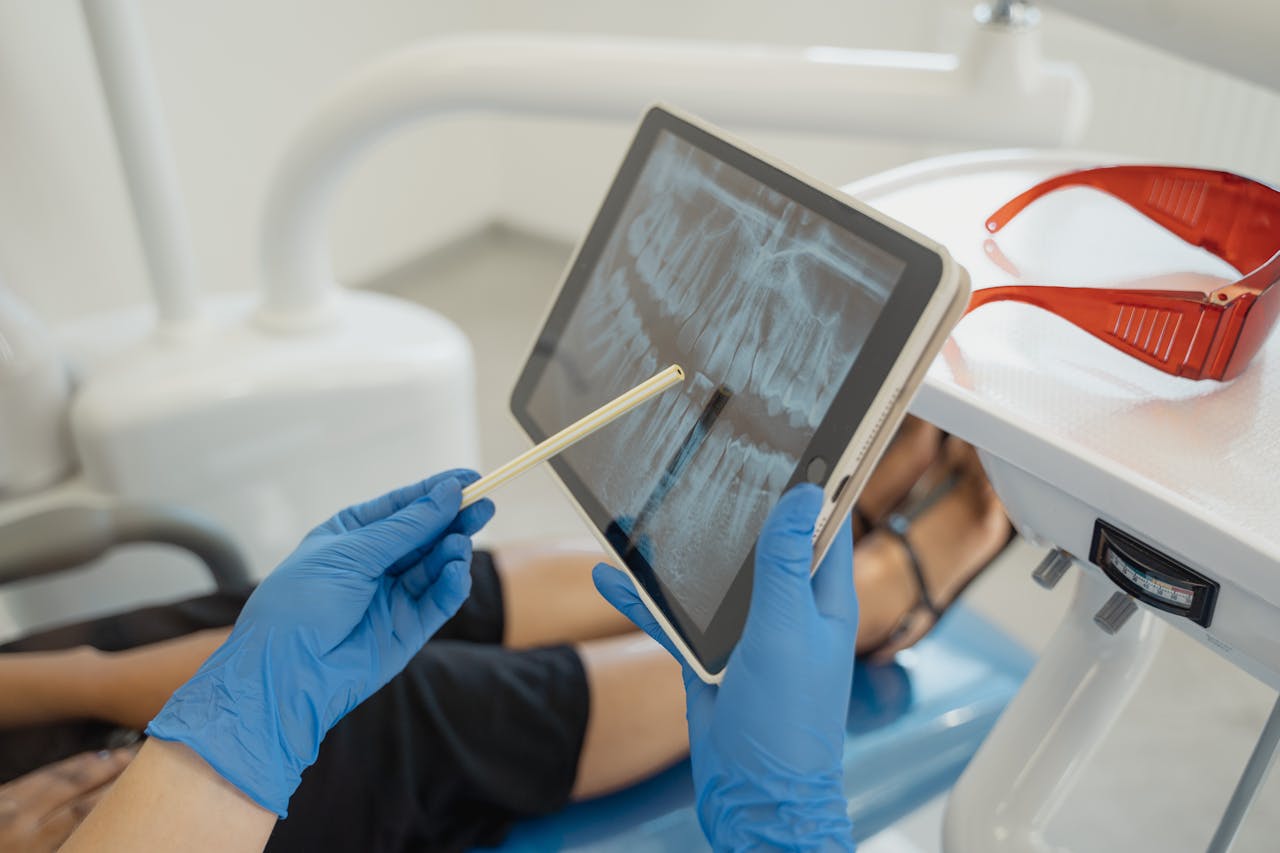While routine dental visits are essential, taking care of your teeth and gums daily makes a big difference in your overall oral health. Simple habits can help keep your mouth in top condition between appointments. Here are five practical ways to maintain your oral health and avoid dental issues.
1. Brush Your Teeth Twice Daily
Brushing twice a day is the foundation of good oral hygiene. Use a fluoride toothpaste and a soft-bristled toothbrush to effectively clean your teeth without damaging the enamel. Fluoride strengthens tooth enamel, making it more resistant to decay, while soft bristles are gentle on your gums. Make sure to brush for at least two minutes, covering all surfaces of your teeth, including the front, back, and chewing surfaces. Pay close attention to your gumline, where plaque tends to accumulate, and brush your tongue to remove bacteria that cause bad breath.
Switching out your toothbrush every three to four months is also recommended, or sooner if the bristles appear frayed. Worn bristles won’t clean as effectively and could harm your gums.
2. Floss Daily to Remove Plaque and Debris
Flossing once a day is essential for cleaning areas that your toothbrush can’t reach, particularly between the teeth and along the gumline. These spaces are often where plaque builds up and turns into tartar, which can only be removed by a dentist. Regular flossing can prevent cavities from forming in these hidden spots and help reduce inflammation in the gums.
If traditional flossing feels cumbersome, consider using floss picks, interdental brushes, or water flossers as alternatives. These tools can make flossing more manageable while still effectively clearing away debris and plaque.
3. Limit Sugary and Acidic Foods
What you eat significantly impacts your oral health. Sugary snacks and beverages create an environment that allows harmful bacteria to thrive, leading to tooth decay. Acidic foods and drinks, such as citrus fruits, soda, and vinegar-based dressings, can erode your tooth enamel over time, making it easier for cavities to form.
If you do consume these foods, try to do so with meals rather than on their own. Eating stimulates saliva production, which helps neutralize acids and wash away food particles. Rinsing your mouth with water after indulging can also help, as it flushes out leftover sugar and acid. Avoid brushing your teeth immediately after consuming acidic foods, as this can cause further enamel damage. Instead, wait about 30 minutes to allow your enamel to harden.
4. Stay Hydrated to Encourage Saliva Production
Drinking water throughout the day is not just good for your general health; it’s also vital for maintaining oral hygiene. Water helps wash away food particles and bacteria that linger in your mouth. Additionally, staying hydrated encourages saliva production, which is your mouth’s natural defense against tooth decay. Saliva helps neutralize acids produced by bacteria and contains essential proteins and minerals that protect your teeth.
Chewing sugar-free gum can also stimulate saliva flow if you’re experiencing dry mouth. Look for gums that contain xylitol, a natural sweetener that can help reduce the risk of cavities by inhibiting bacteria growth.
5. Use Mouthwash for Extra Protection
Mouthwash can be a valuable addition to your oral care routine, providing benefits that brushing and flossing alone may not achieve. There are various types of mouthwash, so choose one that meets your specific needs. A fluoride mouthwash can help strengthen enamel and prevent tooth decay, while an antibacterial rinse can reduce plaque and gum inflammation.
Using mouthwash at different times of the day, such as after meals or before bed, can be beneficial. Keep in mind that mouthwash should not replace brushing and flossing but rather complement them. If you’re not sure which type is best for you, consult your dentist for a recommendation that suits your oral health needs.
The Importance of a Consistent Oral Care Routine
Maintaining a consistent oral care routine between dental visits is key to preventing common dental problems, such as cavities, gum disease, and bad breath. It doesn’t have to be complicated—simply brushing twice daily, flossing, being mindful of your diet, drinking plenty of water, and using mouthwash can keep your teeth and gums in great shape. Your efforts at home will not only enhance your oral health but also make your dental checkups smoother and more comfortable.
With these five strategies, you can take charge of your oral hygiene and keep your smile bright and healthy all year round. Remember, small daily habits can have a big impact on your dental well-being.





